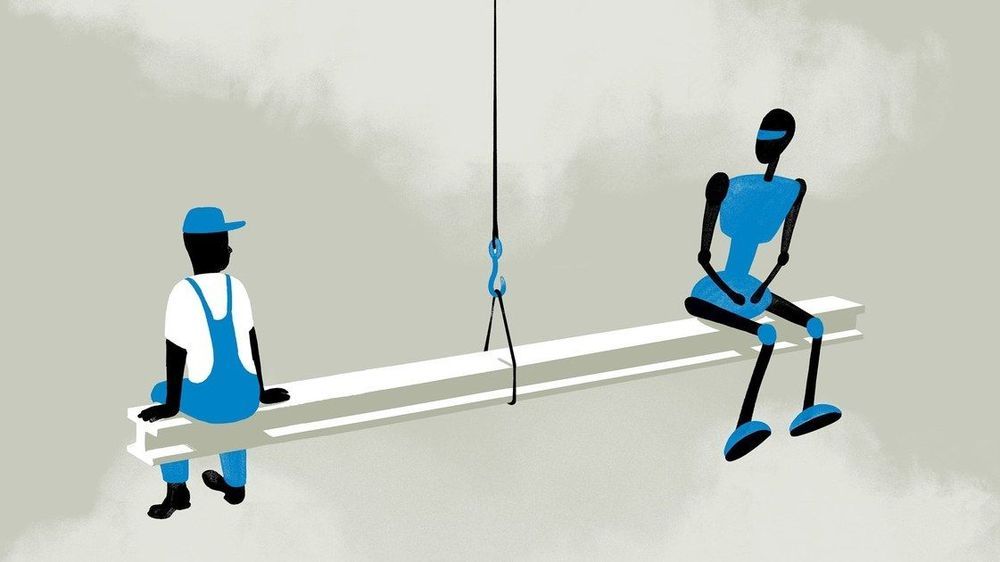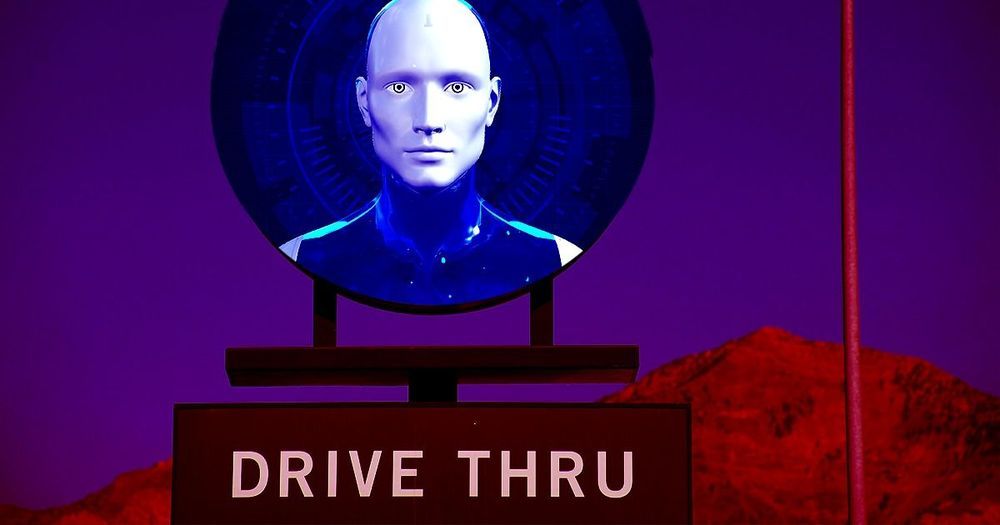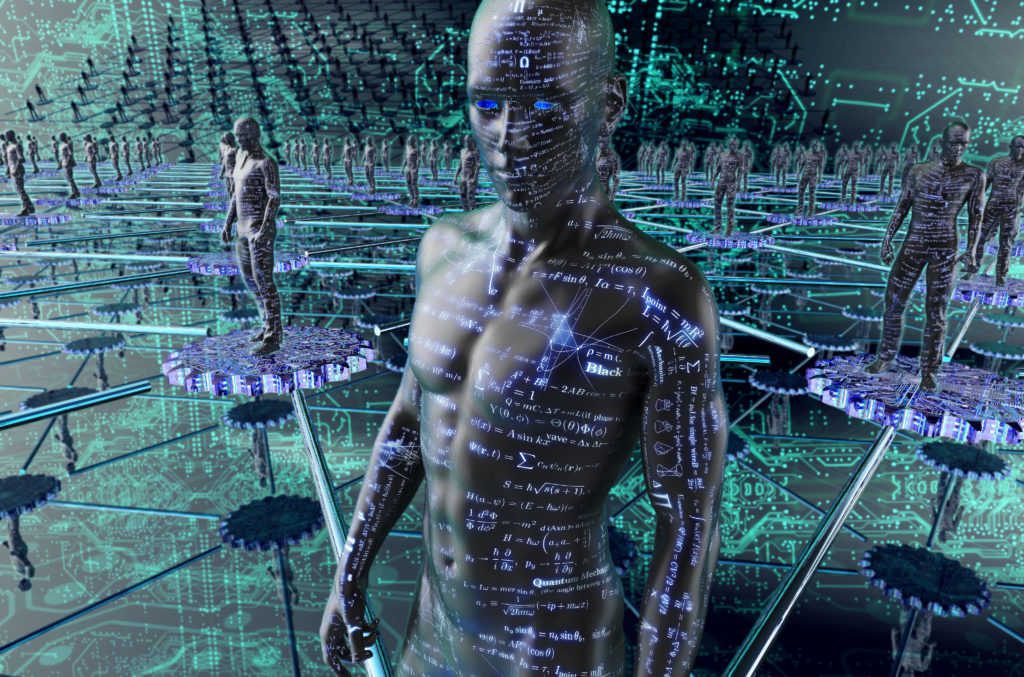Mar 17, 2019
Artificial Intelligence Creates a New Generation of Machine Learning
Posted by James Christian Smith in categories: employment, robotics/AI
CEO and founder of R2ai, Yiwen Huang, talks to Interesting Engineering in an exclusive interview about how he started a company where AI creates Machine Learning models and how AI is not going to replace but enhance humans’ jobs in the future.
R2ai’s Founder and CEO, Yiwen Huang, tells interesting Engineering in an interview how he goes from a lab to creating an AI that creates AI. And how AI is not going to replace but to augment jobs in the future.


















